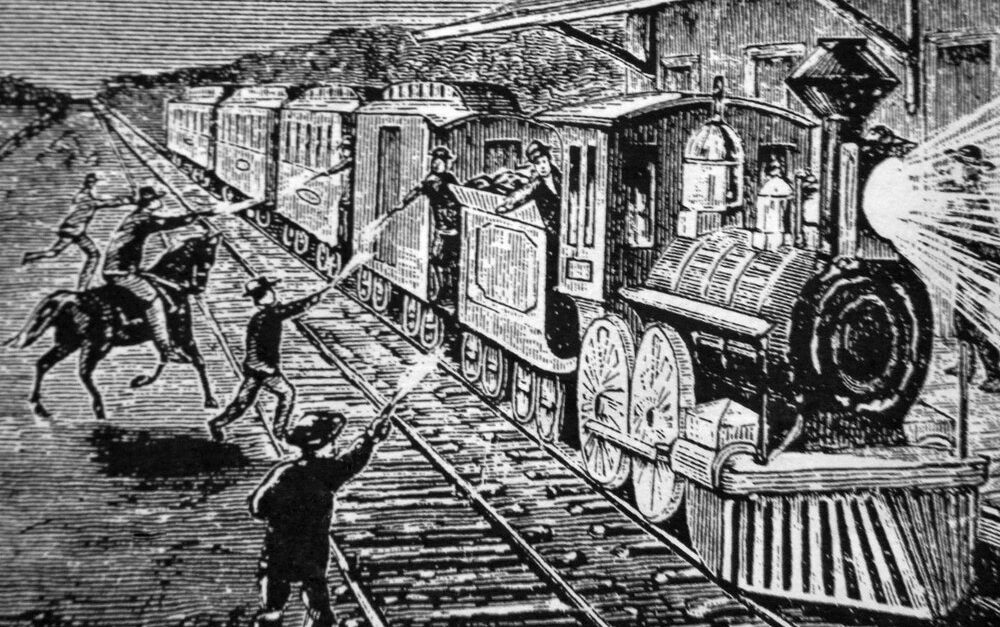February 1 — February 15, 2021
History Matters
Showing our children that their past is prelude to their future
According to the United States Postal Service, the people of note–who are under consideration for commemoration on new stamps–is the task of The Citizens’ Stamp Advisory Committee (CSAC). On February 1, 1978–sixty-five years after the death of abolitionist-activist Harriet Tubman–she became the first African American woman bestowed with the honor.
Tubman, who died in 1913 at the age of 93, was born a slave, but she escaped from bondage in 1849. Rather than hide to avoid recapture, she committed more than a decade to freeing others, by providing them with safe passage on the “Underground Railroad,” a Northern route to liberty in the years prior to the Civil War.
Some historians say she escorted up to 700 slaves to freedom during the War.
History.com notes that her talents were not limited to her role as an abolitionist. “She was also a nurse, a Union spy and a women’s suffrage supporter. Tubman is one of the most recognized icons in American history and her legacy has inspired countless people from every race and background.”
The Grateful American Book Prize recommends Ann Petry’s Harriet Tubman: Conductor on the Underground Railroad.

Lewis and Adeleine Dalton raised ten sons during the violent era of Reconstruction. Frank Dalton, a deputy U.S. Marshall, was shot, but brothers Grat, Bob, and Emmet replaced him.
With that gaggle of siblings, the saga of one of the most infamous gangs of the Wild West was begun.
As History.com put it: “the three Dalton boys showed little respect for the law and began rustling cattle and horses to supplement their income. The brothers soon began to use their official law enforcement powers for their own ends.”
Train robberies evolved into the family’s specialty, even though their first attempt in Alila, California was a disaster. On February 6, 1891, while Grat and his brother, Bill, got arrested, Bob and Emmet escaped with a $3,600 reward on their heads—the equivalent of about $100,000 in 2021 currency.
After a few more jabs at it, the Dalton’s perfected pillaging trains, and swindling Indian Territory out of approximately $17,000.
The Daltons widened their wreckage in October of 1892 in the town of Coffeyville, Kansas; three gang members robbed the C.M. Condon & Co. Bank, while another two ransacked the First National Bank across the street.
The Grateful American Book Prize recommends Harold Preece’s The Dalton Gang.

The University of Virginia has said Theodore Roosevelt, 26th President of the United States, was “the first modern President” and “the most popular.” But—his following has been compromised by his “namesake”—a stuffed animal known as the “Teddy Bear,” —which debuted February 15, 1903.
Toymaker Morris Michtom’s teddies turned into an overnight, national sensation—that went worldwide.
So, how did Mr. Michtom come up with the idea? One of Teddy Roosevelt’s avocations was hunting. In 1902, while he was in Mississippi–according to History.com– “Roosevelt came upon an old injured black bear … While some reports claim Roosevelt shot the bear out of pity for his suffering, others insist he set the bear free. Political cartoonists later portrayed the bear as a cub, implying that under the tough, outdoorsy and macho image of Roosevelt lay a much softer, more sensitive interior.”
Michtom saw the cartoon in the Washington Post, which he and his wife decided to bring to “life”, by converting the image of the bear cub into a stuffed toy. It was so popular, Michtom used it as the basis for founding the Ideal Toy Company—which in 1971 had a value of $71 million, according to The New York Stock Exchange.
For more information about Teddy Roosevelt, the Grateful American Book Prize recommends Heather E. Schwartz’s Theodore Roosevelt’s Presidency.

History Matters is a biweekly feature courtesy of The Grateful American Book Prize




